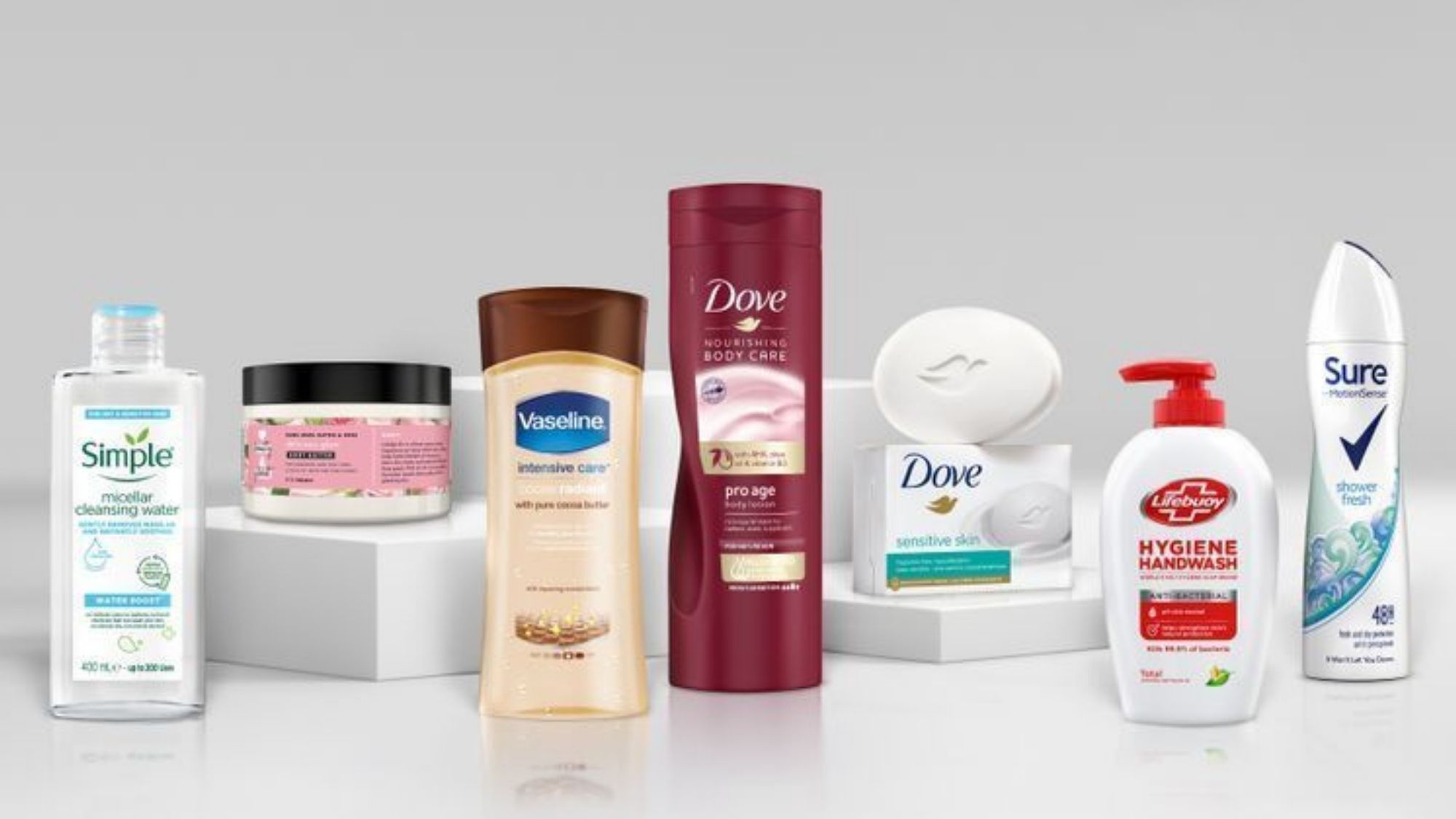Aside from removing the word “normal” from its products, Unilever will also halt “excessive editing” on their models’ photos.
Rather, they see beauty as being able to acknowledge, accept, and own your imperfections. With this comes a new era of beauty that is more inclusive, equitable, and sustainable.
FOR years, the beauty industry imposed certain standards on consumers, making it difficult for many to fit in.
In its push for more inclusivity, Unilever announced it would be dropping the word “normal” from its 200 beauty products and ban the excessive editing of its models’ photos.
The mega-brand responsible for worldwide beauty staple Dove revealed that it would no longer be editing their models’ photos, including their body shape, size, proportion, and skin color.
Impossible beauty standard
Years after imposing an impossible standard on beauty, the firm now wants to create a more “inclusive definition of beauty.”
They previously faced allegations of promoting stereotypes around darker skin tones.
While Unilever acknowledged that removing the word on its products and packaging would not fix the issue alone, they believed it to be an important step.
New notion on beauty
Their bid to change their branding comes after realizing that younger generations no longer believe in the traditional notions of beauty.
Rather, they see beauty as being able to acknowledge, accept, and own your imperfections. With this comes a new era of beauty that is more inclusive, equitable, and sustainable.
Every day, thousands of young women worldwide are pressured into looking a certain way based on what is seen in the media.
There are specific beauty standards imposed by brands and the entertainment industry, often attributed to having clear skin, smooth hair, perfect teeth, a slim body, and a fair complexion.
These industries don’t realize that in the process of promoting such impossible beauty standards, they are also putting down the self-esteem of women from around the world.
Self-love
The idea of “westernized beauty” has become the norm, and beauty brands capitalize on this by selling products that help alter their looks to fit the narrative.
Now, the term “self-love” is being promoted worldwide, and it has caused businesses to rethink the way they brand their products.
Decolonizing the idea
If there’s one country that’s begun to unlearn the idea of westernized beauty, it’s the Philippines.
After being under Spanish and American colonial rule in the past, Filipinos have had an idealistic view of white beauty.
Having “morena” skin was something that needed to change, ultimately causing a rise in skin-lightening products in the industry, such as papaya soap.
With more people advocating for embracing your own skin, it is important to flip the narrative of beauty, especially for younger generations, to feel comfortable in their own skin.
It is time to decolonize the idea of “beautiful” as being white and slim. Instead, it is feeling comfortable in your own skin and embracing your imperfections.(MO)
